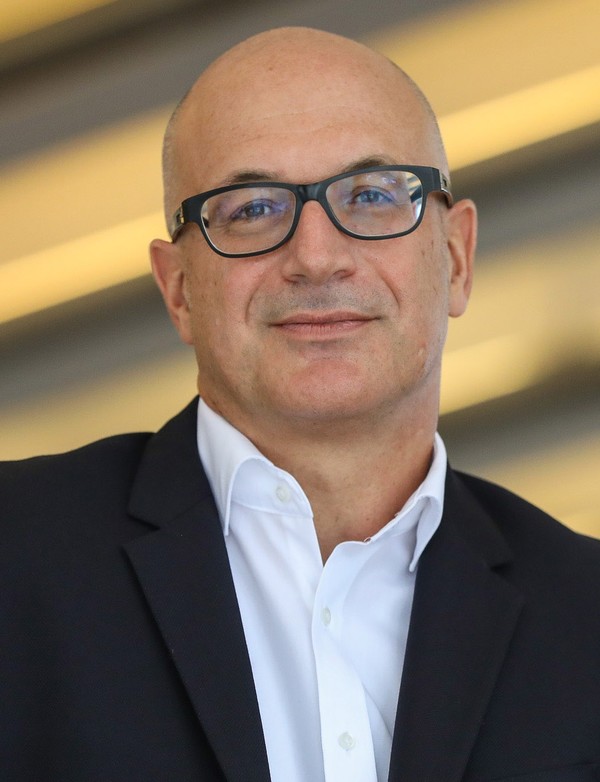“To create a sustainable healthcare environment, we need to allocate and utilize medical resources efficiently. As personalized healthcare can boost individual patient outcomes and minimize unnecessary processes, it can reduce not only an individual patient’s burden but the socioeconomic burden at the national level.”
Jöerg Michael Rupp, Head International 7 Areas at Roche, leading seven international regions, made this remark at the Global Bio Conference 2020, held online on Sept. 7-9.

In his keynote speech on personalized healthcare, Rupp said the Covid-19 crisis has shown that establishing the right healthcare system was the basis for maintaining the socioeconomic stability and people’s health. “To create a sustainable healthcare environment, we should allocate and make use of healthcare resources efficiently,” he said.
Rupp said abundant data within healthcare industries could be a major driver to accelerate personalized medicine.
Researchers could earn meaningful data only through clinical trials with a limited number of participants in the past. Today, however, people could accumulate meaningful data through various sources, including electronic medical records, diagnostic platforms, and mobile applications. “If we could analyze and use these data in treatment and R&D decisions, we will be able to distribute and utilize medical resources efficiently,” he added.
He went on to say that people used to set the value of treatments limitedly based on usage, price, and clinical efficacy in the past. However, lessons from the Covid-19 outbreak revealed that a disease could have a huge impact not only on individuals’ health but their socio-economic activities, he noted. Rupp said the estimation of a drug requires a “value-centered approach,” considering not only clinical effectiveness but individual patients’ socioeconomic activities, all opportunity costs, and values associated with family life.
Such an approach could advance the era of personalized healthcare, he said.
“The increasingly complex public healthcare system needs collaboration from many stakeholders. This collaboration can help build a patient-centered sustainable environment for personalized care,” Rupp emphasized. Roche cooperated with governments and scholars to speed up genome-based customized anticancer therapies in the Asia-Pacific region, including Korea, Taiwan, Singapore, and Australia. The Asia-Pacific region could lead the global effort to build the environment for personalized healthcare.
Roche said it would join efforts with the private, public, business, and academic sectors to realize personalized healthcare in major countries.
In Korea, the company signed a memorandum of understanding with the Korean Society of Medical Oncology and the Korean Cancer Study Group in 2019 to build the “Korean Precision Medicine Ecology,” which will improve cancer patients’ clinical outcomes by providing them with optimally customized diagnosis and treatment.

